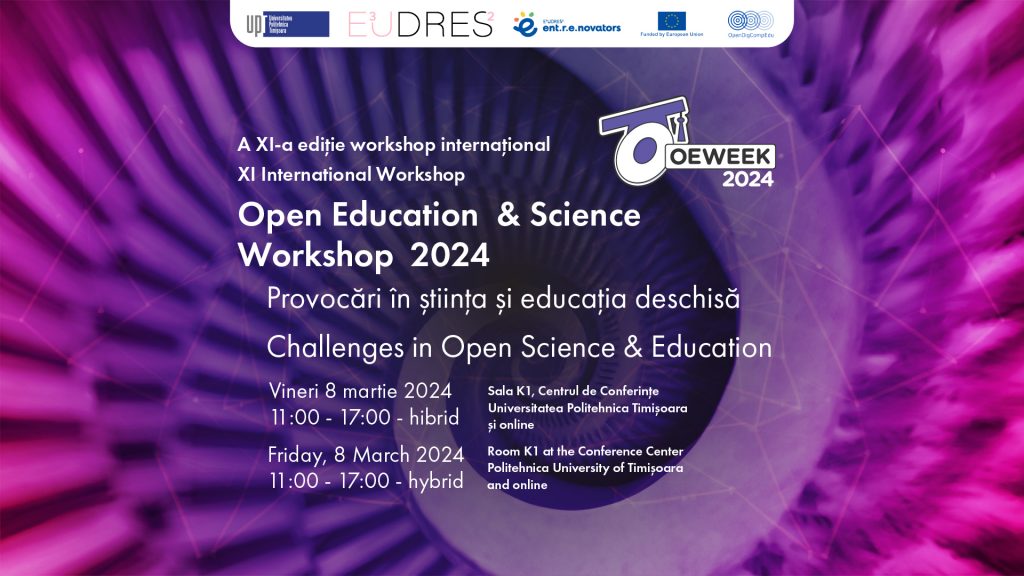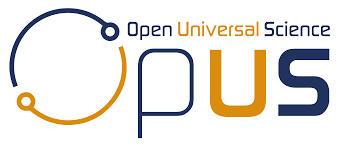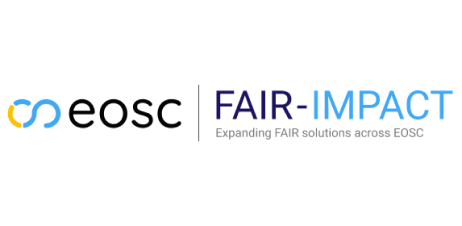
Romania
Overview
Mandated Organisation

EOSC Steering Board representatives
The Romanian Ministry of Research, Innovation and Digitalization is responsible for science, research and innovation amongst other things. Executive Agency for Higher Education, Research, Development and Innovation Funding (UEFISCDI) is, because of its large as experience as a funder and policy adviser, the main supporter of the development of Open Science in the national research and innovation system through activities such as improving access to information and supporting actions. Supporting national initiatives and developing a national strategic framework. Nonetheless, the allocation of Research and Development in Romania is still very weak with R&D receiving 0.47% of the GDP in 2022.
Since November 2019 UEFISCI hosts the Research Data Alliance Node Romania within the project RDA Europe 4.0. The hub aims to ensure a sustainable platform for dialogue amongst all research and innovation stakeholders and all relevant actors and facilitate the transition an open research ecosystem.
Currently there is no Open Access or Open Science Policy in Romania, however there are plans for creating one. UEFISCDI through the Open Science Knowledge Hub Romania, which acts as a national support desk for Open Science and in collaboration with the Ministry of Education and Research is developing the national strategic framework for Open Science. Furthermore, there have been Action Plans since 2014 with Open Access being a part of the National Plan for Open Government Partnership. The Action Plan 2014-2016 included for the first time Open Access as a distinct commitment. The main objectives was to optimise the impact of the publicly funded scientific research.
In 2022 Romania launched the White Paper on the Transition to Open Science 2023-2030 which presents the Open Science strategic objectives and necessary actions to achieve Open Science vision in Romania for 2030. Its stated objectives are to ensure Open Access to scientific publications from publicly funded research, research data management and amongst others ensuring transparency and fairness of Open Access publishing costs.
So far Open Access and Open Science have received limited support as part of the European Research participation in the European Research Area, and through the National Plan for Research and Innovation 2015-2020 – PNCDI III. Open Access has been part of the National Plan for Open Government Partnership. However, the recent development of the strategic framework for Open Science in Romania has been possible within the project to increase the capacity of the CDI system to respond to global challenges. Strengthening the anticipatory capacity to develop public policies based on evidence, led in collaboration between the Ministry of Education and Research and the Executive Agency for Higher Education, Research, Development and Innovation Funding (UEFISCDI). The development of the strategic and functional framework of Open Science and Open Access (according to EC recommendations and practices at the European level) was one of the tasks of the project. Further advancement will be possible also through the participation of Romanian stakeholders in the EU-funded project and initiatives for example OPPOSITE: Open Universal Science/OPUS 2022-2025 (HE), FAIR-IMPACT: Expanding FAIR solutions across 2022-2025 (HE), National Initiatives for Open Science (NI4OS) / NI4OS-Europe 2020-2022 (H2020).
National Structure:
A consortium Romanian National Open Science Cloud Initiative / RO-NOSCI was established in June 2021 and it is coordinated by 3 organizations:
- National Institute for R&D in Informatics (ICI Bucharest);
- “Horia Hulubei” National Institute for R&D in Physics and Nuclear Engineering (IFIN-HH);
- Executive Agency for Higher Education, Research, Development and Innovation Funding (UEFISCDI).
In the Memorandum of Understanding, the consortium sets three main goals for collaboration:
- establishing the national cloud for open science, in the context of EOSC ecosystem development;
- optimizing and coordinating activities on the integration of national infrastructures and services in the EOSC;
- facilitating the access of the academic and research communities to EOSC resources; promoting and implementing national open science policies.
Its main activities include:
- EOSC Awareness creation at the national level
- Creation of a national EOSC community including all different types of stakeholders to discuss and share experiences on EOSC and increase EOSC competencies at the national level
- Engagement of organisations in the EOSC Association
- The organisation of public webinars/events to:
-
- inform national stakeholders about the EOSC’s latest developments
- collect feedback from national players and feed them into the EOSC Governance & other EOSC activities (e.g. EOSC-related projects)
- discuss EOSC-related topics at the national/EU level (e.g. researchers’ incentives and rewards, etc.)
-
- Identification of specific OSC generic, thematic and data services at the national level, providing technical assistance to ensure their compatibility with EOSC requirements and recommendations;
- Identification of infrastructure resources from Cloud computing centres developed in institutions belonging to the national RDI system, with interconnection potential under the auspices of RO-NOSCI;
- Coordination of collaboration for the development of operation and monitoring solutions for the RO-NOSCI infrastructure, based on EOSC compatible federative tools;
- Contribution to the development and implementation of the national strategic framework on “Open Science” and “Open Science Cloud”, to align the national context with the major European recommendations and initiatives in the field.
National Events
Policies
In November 2018, the Romanian Government approved the 2018-2020 National Action Plan as part of the Open Government Partnership. The new Plan entailed a section on Open Access to research results and the
Romanian Government commits to adopt a national Open Access strategy for research results by for example:
- identifying and supporting the pilot public institutions, such as ministries, agencies, universities, and research institutes, which will adopt a policy of publishing and communicating all scientific results financed by public funds with Open Access.
- development of regulations regarding the publication of open research results under open licenses;
- establishing a repository for the data resulting from these projects.
On March 10th, 2020, UEFISCDI, through the Open Science Hub Romania organized the first event at the national level dedicated to OS strategic framework development. This event was part of a larger initiative of consultation – a series of mutual learning workshops – to facilitate the dialogue and exchange of good practice between international experts and the main national stakeholders (policymakers, universities and other research institutions, libraries, relevant actors from the public and private sector). The consulations were concluded in the Report on the results of the consultation on the Green Paper on the Transition to Open Science 2022-2030.
In December 2022, the White Paper on the Transition to Open Science 2023-2030 was published.
National Framework Document – National Strategy on Research, Innovation and RIS3 includes the Open Science objectives within Objective 1.2. Its core recommendations include ensuring the Open Access to all publicly-funded research publications, the supporting citizen science actions and the creation of a mechanism to monitor and support the transition to Open Science.
Supporting documents:
- White Paper on the Transition to Open Science 2023-2030
- Report on the results of the consultation on the Green Paper on the Transition to Open Science 2022-2030
- Green Paper on the Transition to Open Science
- Free access to research publications (Open Access – OA)
- To analyze the financing practices of “citizen science” at the European level
- Identifiable, Accessible, Interoperable and Reusable (FAIR) research data
- Governance of open science: National practices at the European level and the institutional framework in Romania
- Information document – Involvement of citizens in science (“citizen science”)
- Information document – Description of open science practices within the Horizon Europe 2021 – 2027 program
- Final recommendations – Joint RDA-Force11 FAIRsharing Working Group
- Research data interoperability – legal aspects of research data intellectual property
EOSC in Practice
Embracing the principles of transparency, reproducibility, and accessibility, these examples highlight the innovative approaches adopted by researchers across various disciplines. From open data sharing and collaborative platforms to pre-registration and open peer review, these practices enhance scientific integrity and contribute to the advancement of knowledge.
Members and Observers from Romania
EU Projects
Please find here the EOSC-related projects where members from this country are involved as partners.

















































